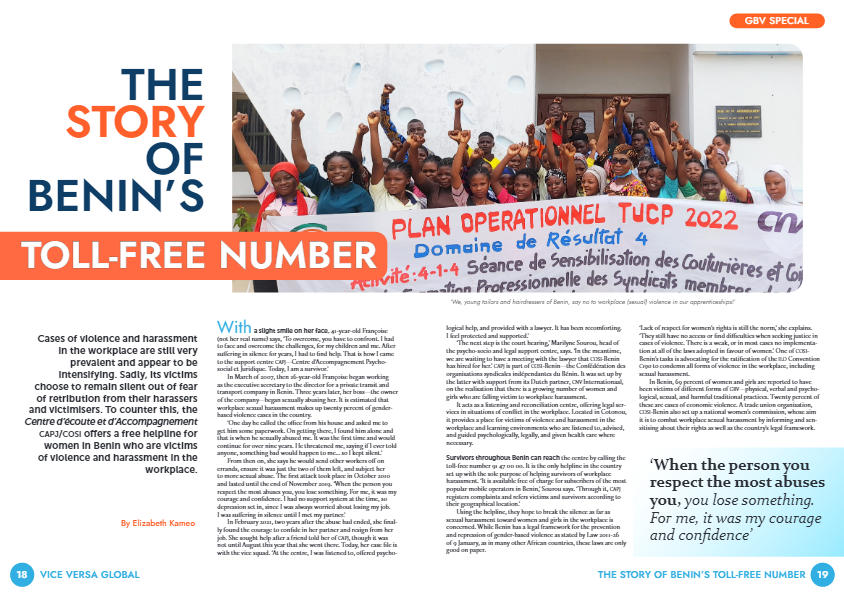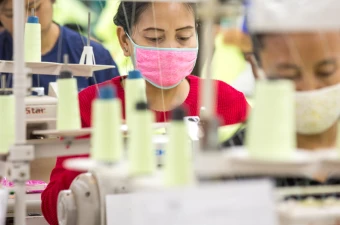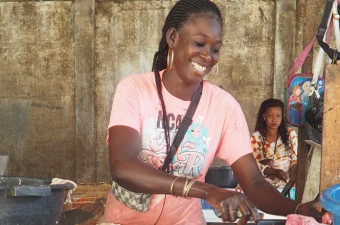Safety at work is a basic right
All over the world, women and girls have to deal with harassment and violence at work. That is not acceptable. Following #MeToo more and more women courageously break the silence.
'What are we waiting for?'
To address genderbased violence in the world of work, governments, employers and workers worldwide within the International Labour Organisation ILO agreed upon a special treaty: ILO Convention 190 established to stop harassment and violence at work.
Although the convention was created in 2019, and came into action in june 2021, few nations have yet ratified it although many are preparing . Even the Netherlands, although it is preparing, still hasn’t done so.
In addition, women still suffer discrimination economically, earning less than male colleagues who do the same work. This problem is worldwide, occurring in developing countries and here in the Netherlands.
Learn more about the meaning of this convention in our factsheet:
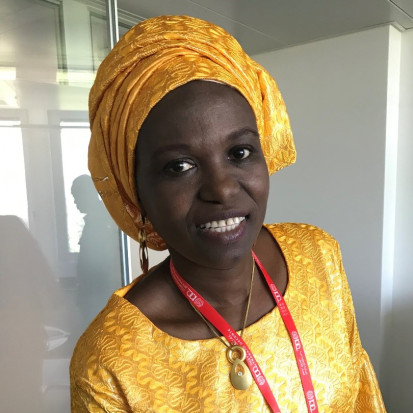
To everyone who’s suffered violence or harassment at work: Do not stay silent! Tell your story. Together we can say NO!”
Trade union leader Mariama Diallo of Senegal
ILC Side Session in Geneva: the Road towards Worldwide Ratification of ILO C190
Consciousness raising
Raising awareness around the issue is the first step. This means putting more women in leadership positions, in companies and in trade unions. We offer gender audits to provide insight for unions as they investigate whether there is a balance of gender. We also give training programs and advice on how to improve the gender balance.”
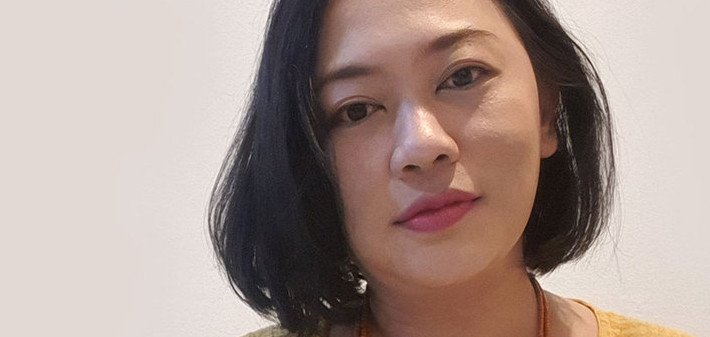
“Improper conduct like sexual harassment and violence against women is often difficult to talk about. These delicate subjects must be approached with awareness, openness, and transparency so women feel more comfortable about opening up and talking. We should stand together and speak out about violence at work, every day. ”
Yunika Kurniyatiningsih, CNV Internationaal Indonesia
Inspiration from Benin
Benin trade union COSI (West Africa), with support from CNV Internationaal, has set up a free telephone line for women who have experienced violence at work. They can call to get legal advice, a medical referral, or simply to have someone to talk to. The help line is important, especially for women who can’t get to the union office in the capital city.
Partner union CNT in Niger followed COSI Benin’s example and created their own helpline for women in August 2021.
Angela Kpeidja, a journalist in Benin, experienced sexual harassment, but didn’t speak of it for years. She’s broken her silence and is playing a major role in opening the topic to discussion. She tells her story in this video.
ViceVersa global has written an extensive article about COSI’s work in Benin. They’ve also conducted a powerful interview with a woman who was sexually harassed in her place of work.
How to end and prevent violence and harassment at work
More and more small and medium-sized enterprises in international chains are taking responsibility for ensuring safety at work. The Netherlands Enterprise Agency (RVO) and CNV Internationaal have created a guide with practical advice and tips on making sure all employees feel safe at work, be that in your company, your subsidiaries, or the factories you work with.
Check our Brochure Violence @ Work developed for RVO Netherlands Enterprise Agency
Also available in
